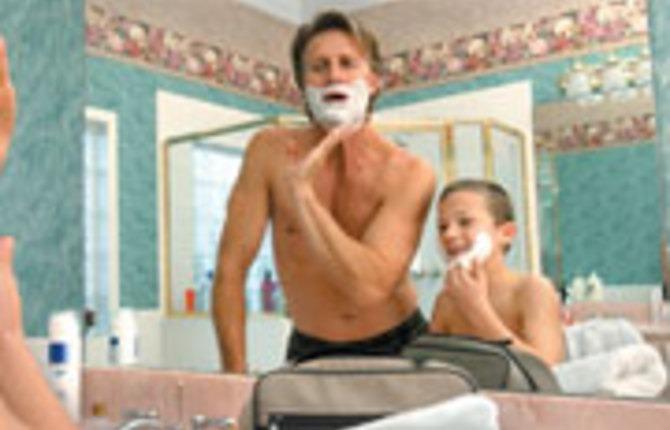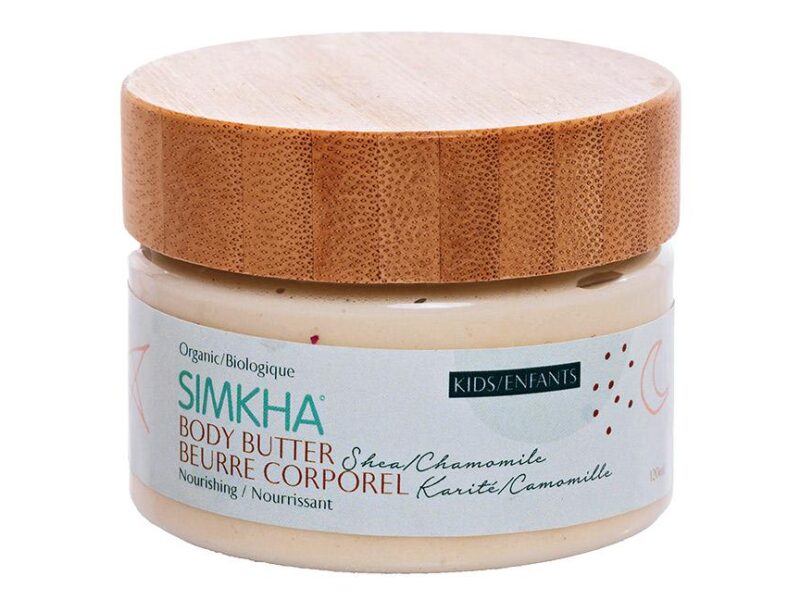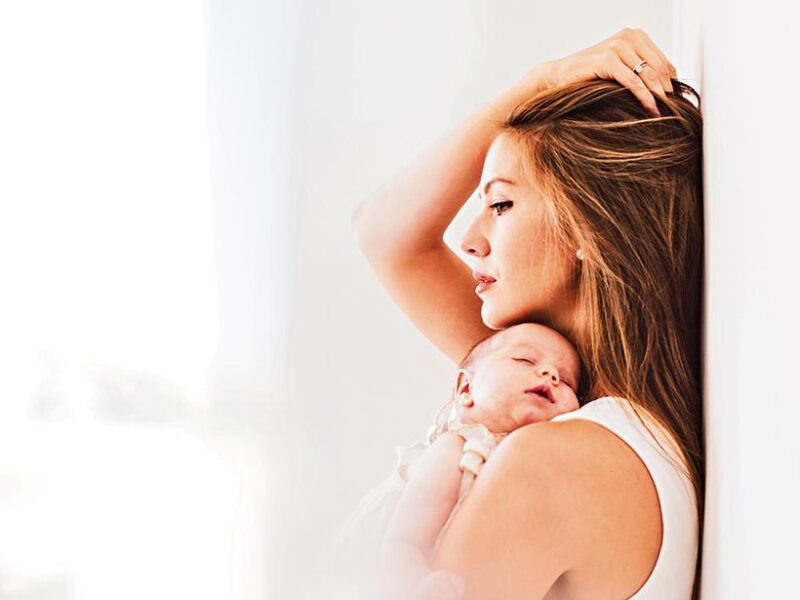
Keeping it clean
It might be unfair, or an over exaggeration but boys are not often thought of as eager to jump into the bath tub or to take care of their skin. As your son grows and matures it is natural to assume that his penchant to avoid soap and water will subside. He should naturally want to look and smell his best, always be freshly bathed, and actively care for his appearance — right? The painful truth is that a teen or impending teen‚s hygiene habits often model those of his younger alter ego.
Parents of boys tire of issuing daily reminders such as ‘‘Comb your hair before you leave the house!’’‚ and ‘‘Don’t forget to use soap in the shower.’’ Despite protests to get a haircut or his moratorium on antiperspirants, there are solutions to help you win the hygiene war. Knowing what products are teen and tween friendly, what really motivates boys to have an interest in personal hygiene, and what doesn’t, will eliminate some bathroom battles and help you and your son through his transition to early adulthood.
It just doesn’t matter
Many boys do not naturally possess the desire to smell good and keep their hair from standing straight up or hang in their eyes. ‘‘ In fact, the majority of boys age 8 to 12 have not yet developed an attraction in the opposite sex and are not concerned about impressing their friends or school peers,’’ says Child Advocate Specialist and mother of two sons, Diana Derby. Young boys are generally happy with their appearance and remain unphased by the flaws in their grooming routine. They’re still innocent enough to care more about video games, what’s for dinner and playing with a buddy than remembering to apply deodorant and floss his teeth.
Find his motivation
For some it’s going off to middle or high school and others it’s the chance to impress a girl. A mother of three boys, Ann Lindblad found the best motivator for her sons was their interest in the opposite sex. ‘‘Once they found girls, they also found an interest in taking care of their appearance,’’ she says. Whether it’s a girl or new school, identifying your son’s interests, concerns and goals will help guide him toward a complimentary hygiene plan.
Make it accessible
Give your teen his own shelf in the medicine cabinet or drawer in the bathroom vanity for his Œman products.‚ A little empowerment helps him share the responsibility and respect the concept of good personal hygiene.
Give him some control
Take your son shopping to incorporate his opinion on the type of deodorant, shave cream, tooth paste flavor, etc. and to further stimulate an interest in the process of proper hygiene. Spend time researching different options to shave and the difference between deodorant styles and brands to determine what products he‚s comfortable using.
Fragrance free is the key
While girls enjoy lightly scented soaps and deodorants, boys don’t want to use any product that smells remotely similar to perfume. ‘‘Boys appreciate inconspicuous and easy to use shampoos with built in conditioner and unscented or woodsy antiperspirants,’’ says Robert Brace, a motivational speaker and owner of a skin care line for men. Fragrance free products and organic products are also beneficial for boys with skin allergies and parents who want to steer clear of dyes and synthetics.
Set up schedules
A schedule can help him stay on track as he is developing his new hygiene routine. Make a pocket sized list to tape inside the medicine cabinet. Every morning when he opens the door to brush his teeth, he’ll see a reminder to use deodorant and wash his face as well. Post a calendar on the refrigerator or high traffic cabinet that has notes for a haircut every six weeks to stimulate an advanced hygiene routine.
Give a little bit of luxury
Splurging on a trendy new cologne or styling gel is incentive for him to remember to shave and comb his hair. Giving these items as stocking stuffers or in birthday gift packs keeps up the momentum to maintain a healthy hygiene routine.
Be realistic
Set realistic expectations without trying to completely overhaul your son all at once. Introduce him to one new hygiene process at a time. Once he’s mastered using deodorant daily, move onto shaving or keeping his nails clean. You don’t want your son to feel overwhelmed or rebel against incorporating a hygiene routine.
They learn from example
Give him the chance to model positive examples and develop his own level of respect for his appearance. Examples set by his father or a family member will offer comfort and support to a young boy navigating his way through puberty and developing a personal hygiene style. Boys will appreciate modeling shaving techniques and earning how to apply the proper amount of hair products. He’ll benefit from instructions on how and when to use deodorant, moisturizers, sunscreens, foot powders and taking care of his skin.
Provide subtle reinforcement
‘‘Can you believe I almost forgot to brush my teeth today’’ tells him you’re also capable of forgetting a step in your hygiene routine. Casually mentioning appearance and hygiene without relating it directly to him catches his attention. You’ll redirect him to his own hygiene and appearance without embarrassing or pressuring him. Talk often but briefly to reiterate the importance of good personal habits.





